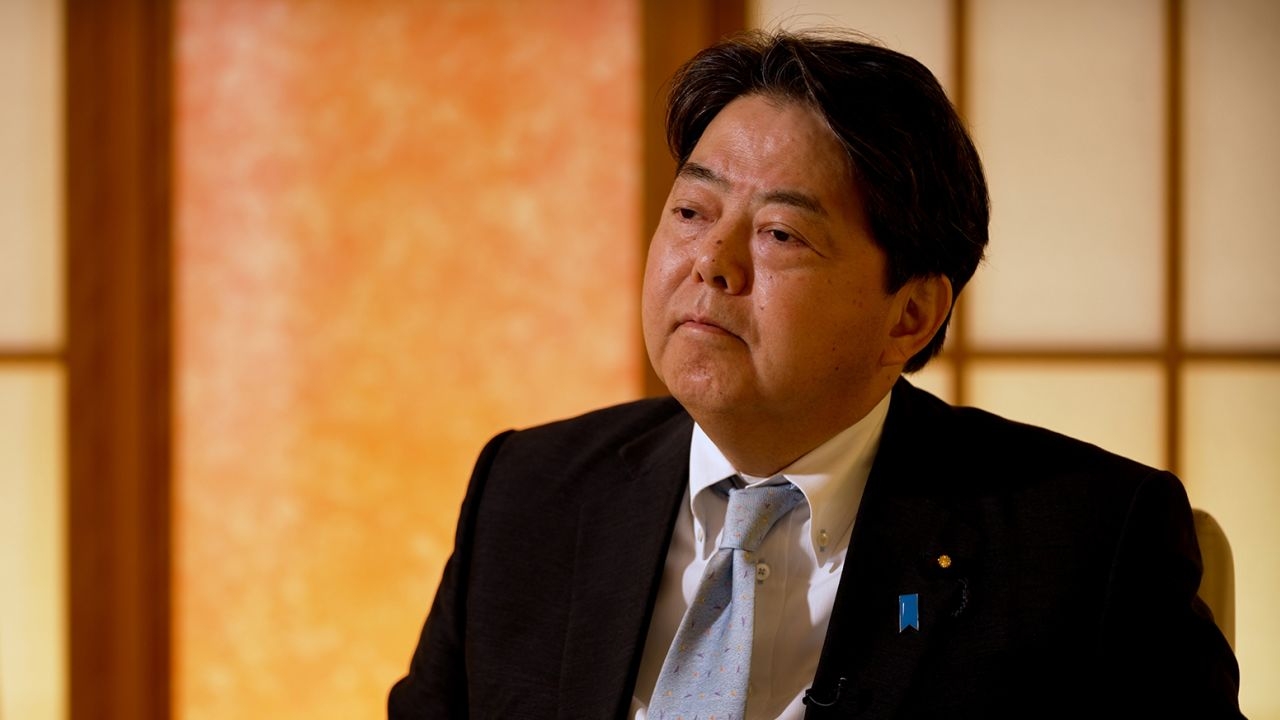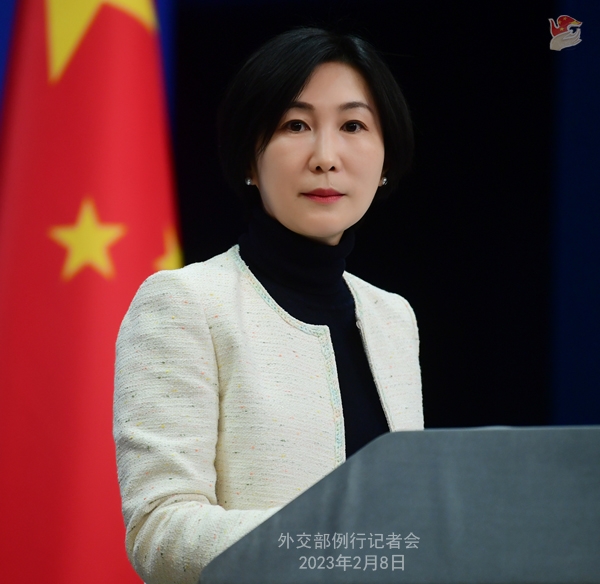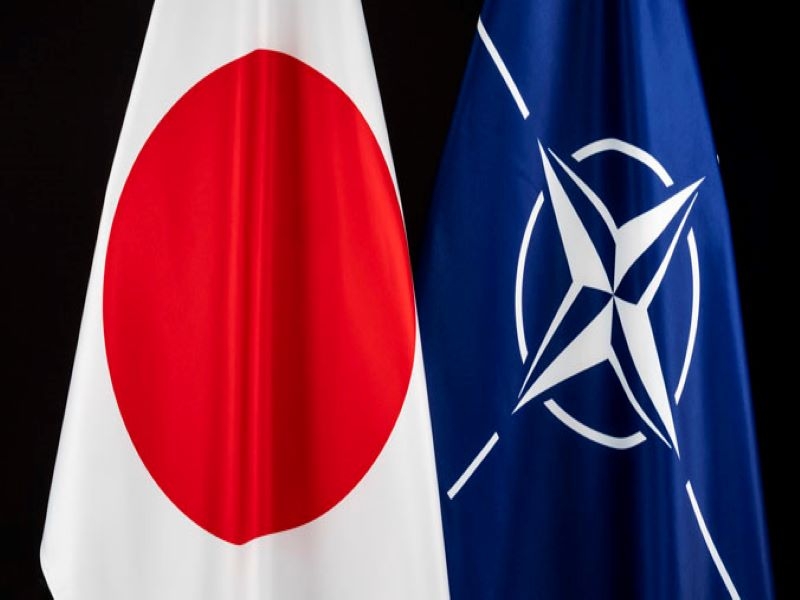In light of escalating global tensions, Japan has announced plans to inaugurate a NATO liaison office – the first in Asia – symbolizing the essential role of international collaboration during these uncertain times.
In an exclusive interview with CNN, Japanese Foreign Minister Yoshimasa Hayashi pointed to Russia’s incursion into Ukraine the previous year as a key trigger for this decision. He emphasized that such an event, despite occurring in Europe, has repercussions that echo across continents, leading to a necessary reassessment of Asia’s regional security.
“Since Russia’s assault on Ukraine, the world has become more volatile,” Hayashi remarked. “Events in Eastern Europe are not isolated incidents; they directly influence the Pacific region. Hence, collaboration between East Asia and NATO is increasingly crucial.”
While Hayashi made it clear that Japan is not formally part of NATO, he underscored the message that Asia-Pacific allies of the alliance are consistently engaging with NATO. This development, though, may draw criticism from China, which has previously expressed disapproval of such a move.

The geopolitical dynamics in East Asia are becoming increasingly intricate and delicate, with tensions escalating among China, Japan, and Russia. Hayashi described Japan’s regional security environment as “severe and complex.” Apart from dealing with a more assertive Russia, Japan is grappling with the threats posed by nuclear-capable North Korea and a burgeoning China. China has been expanding its naval and air forces near Japanese territories, and laying claim to the Senkaku Islands – a desolate chain in the East China Sea under Japanese control. In response to these growing pressures, Japan has revealed plans for its largest military expansion since the Second World War.
Despite these regional tensions, Hayashi was keen to stress that the proposed opening of the office was not targeting specific nations. “We’re not sending a message,” Hayashi clarified. He insisted that it is still essential for Japan and other countries to work with China on broader issues, such as climate change and the ongoing Covid-19 pandemic, and expressed Tokyo’s desire for a “constructive and stable relationship” with Beijing.
Nonetheless, China has previously voiced concerns about NATO’s expansion into Asia and reacted with hostility to earlier reports of a potential NATO office in Japan. “NATO’s advancement eastward and meddling in Asia Pacific affairs will definitely disrupt regional peace and stability,” asserted Chinese Foreign Ministry spokesperson Mao Ning during a recent briefing. While China has maintained a neutral stance on the Ukraine conflict and denied any prior knowledge of Russia’s intentions, it has refrained from denouncing Moscow’s actions, instead echoing the Kremlin’s argument that NATO provoked the conflict, which has only further strained its relationships with Europe and the US.

The establishment of a NATO liaison office in Japan signifies a pivotal development for the Western alliance amid the intensifying geopolitical rifts. It highlights the significance of international cooperation and unity during these uncertain times, illustrating a commitment to tackling shared security concerns. As the world becomes more complicated, Japan’s initiative shows its proactive approach to address these challenges and foster stability in the region.
©world-news.biz
